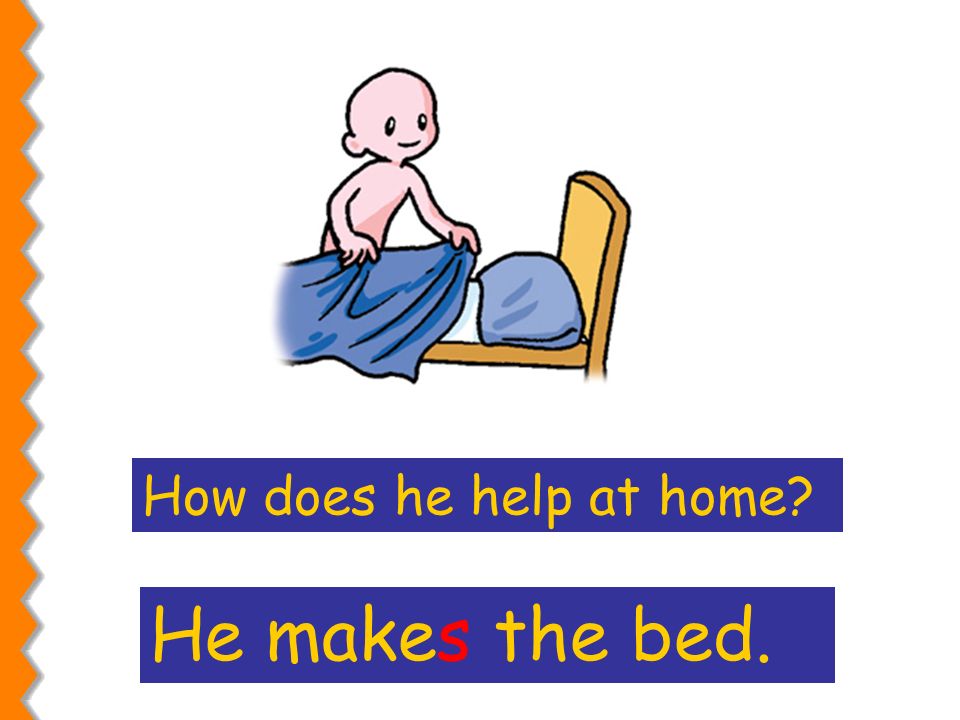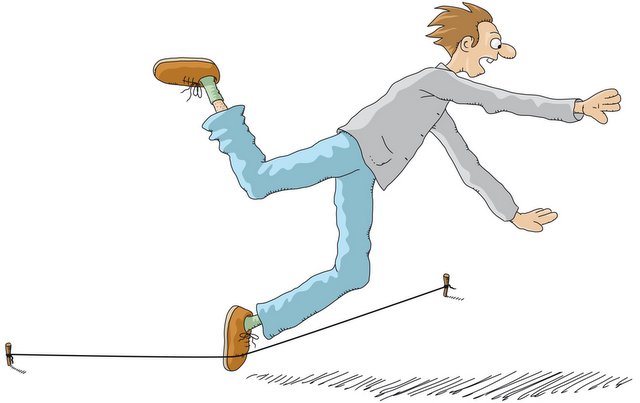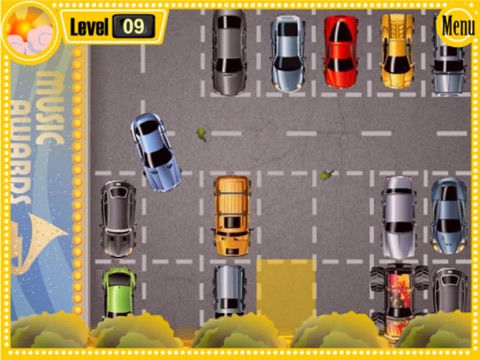The night of the dead is approaching... As you know, next Wednesday, 31st October is Halloween! Are you ready to go trick-or-treating and eat candy until you pass out? Are you eager to dress up and see cute children dressed up roaming the streets for candy? Halloween is one of the best moments for children, especially in the US!! Over the last years, I have written some entries on Halloween traditions and Halloween symbols. This year, however, I intend to write a more special entry. Given that Halloween takes place the night before All Saints' Day, where the dead are said to come back to life, this entry will explore the different word to refer to death:
1. The dead
| From: http://www.impawards.com/2008/day_of_the_dead.html |
The people that died are the dead and are said to come back to life on the night of the 31st October.
2. The death
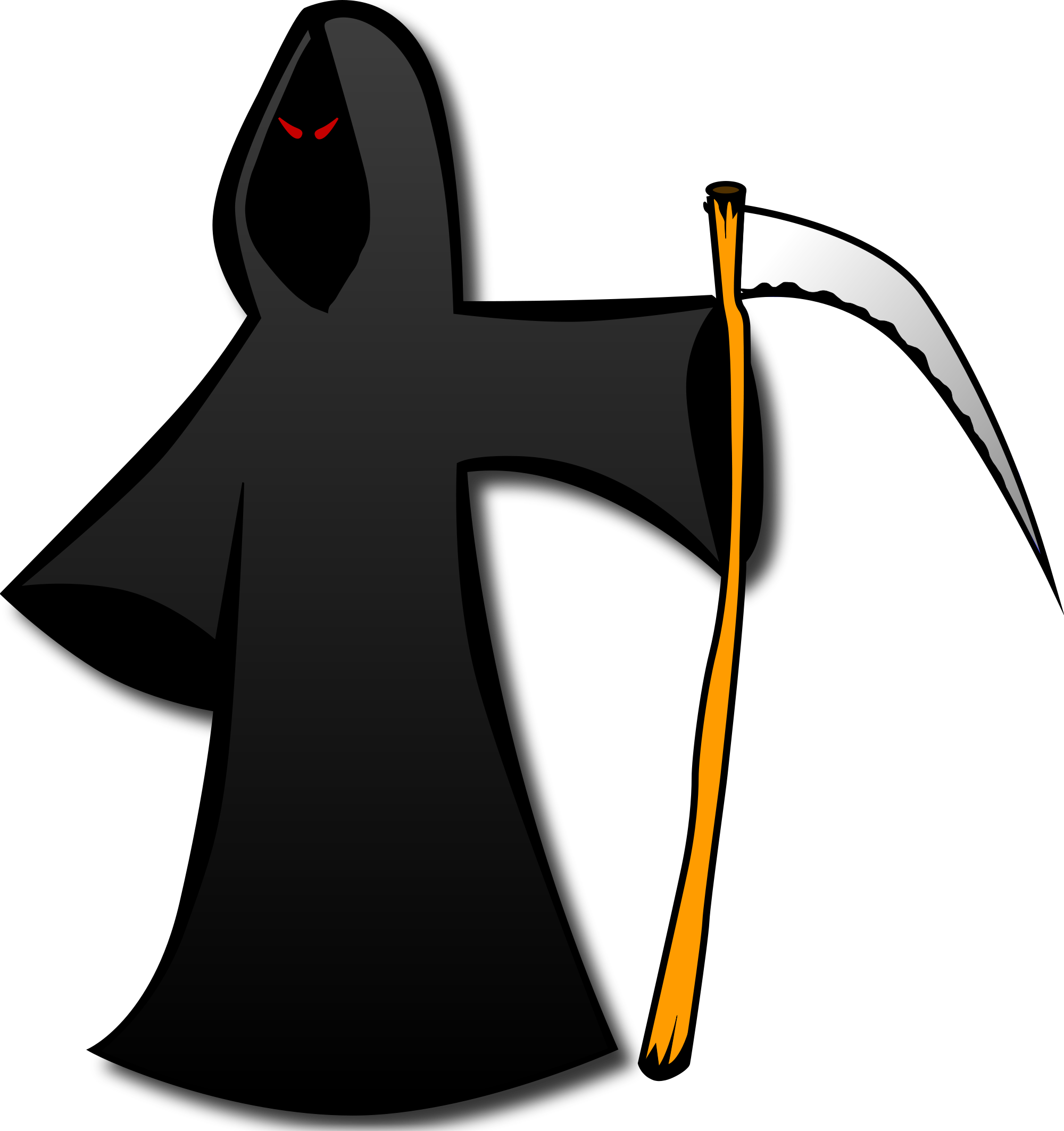 |
| From Wikipedia |
The death is the figure wearing a hood and carrying a scythe whose sole job is to take the soul of the people that are going to die and make sure they die. No one, not even the rich, can escape it!
3. Casualties
 |
| From: https://ubisafe.org/explore/casualties-clipart-hospital-stretcher/ |
Casualties are the people killed in war or accidents.
4. Pass away
 |
| From: https://mbtskoudsalg.com/explore/death-clipart-pass-away/ |
A euphemistic way to refer to the action of dying. As you can see in the image, you pass away when you go from the side of the living to the other side (the side of the dead).
5. To be killed
 |
| From: https://imagecomics.com/content/view/rapid-fire-printings-for-kill-or-be-killed |
This expression has two similar but closely related meaning. A person is killed when they are assassinated or murdered by others. However, people are also killed when they die in an accident or other circumstances, for example, last year thousands of people were killed in car accidents.
6. Perish
This verb used in literature and in formal registers indicate the action of dying as a result of a long process. After enduring the illness for three years, he finally perished.
7. Decease
In the jargon of law, a decease is a synonym for death and the deceased are the dead.
8. Demise
A synonym for death in formal English.
9. The departed
The departed are the dead, the people that we have lost and are no longer with us.
10. Drop dead
When someone dies unexpectedly
11. Bereavement / grief
Intense sorrow as a result of losing a dear one.
| From: https://www.dementiauk.org/grief-bereavement-and-loss-in-dementia/ |
12. I'm sorry for your loss
These are the words one utter to comfort a person that has lost someone dear. In this case, the loss is a euphemism for death.
13. RIP (Rest In Peace)
These are the initials that appear in the dead's tombstone. From Latin requiescat in pace, it means that the departed is now at rest.
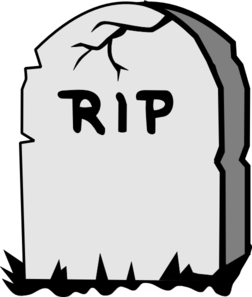 |
| From: http://r2d.wikia.com/wiki/File:Rip-clipart-rip-gravestone-md.png |
Well, I hope you now have enlarged your lexis concerning death and are now ready to begin the Halloween season. Next week I'll be writing another entry on idioms and expressions related to dying. Have a nice spooky and terrible night of the dead!




